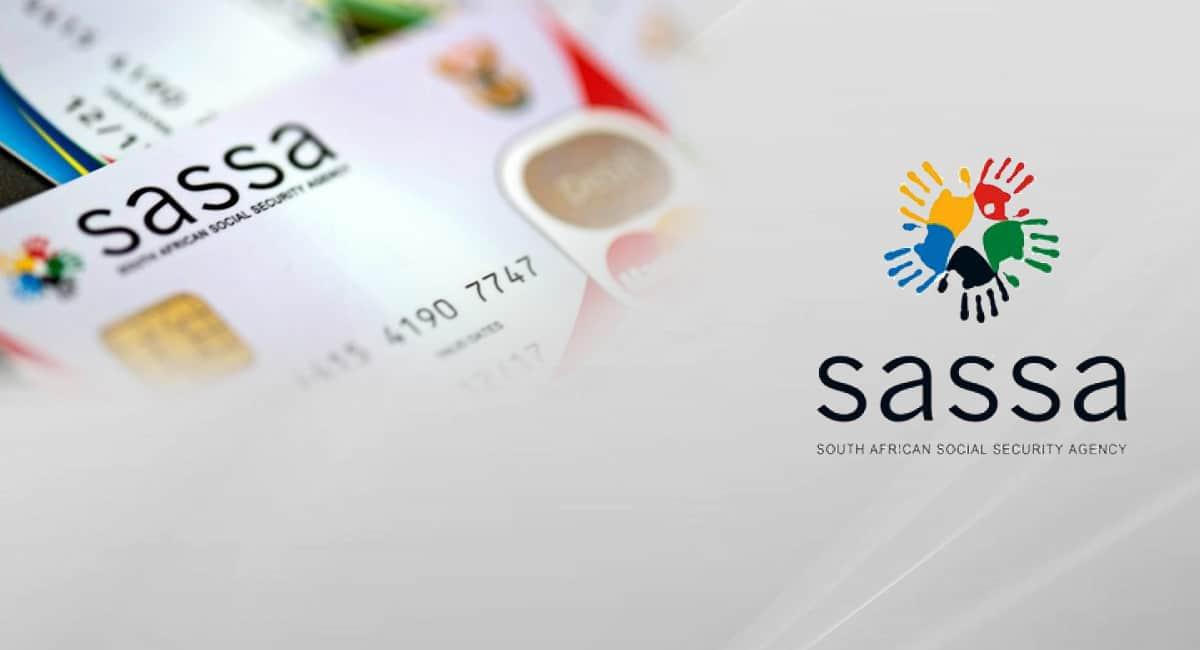Social Grants Provided by SASSA
SASSA SASSA status check a variety of grants to support different groups of people. Each grant is targeted at specific needs and has its own eligibility criteria:
-
Old Age Grant: This grant is for South Africans aged 60 or older who are no longer employed and meet a means test to ensure they are genuinely in need.
-
Disability Grant: This is provided to individuals who are medically assessed as unable to work due to a mental or physical disability, whether temporary or permanent.
-
Child Support Grant: One of the most widely distributed grants, it provides monthly support to primary caregivers of children under the age of 18 to help with basic needs.
-
Foster Child Grant: This grant supports caregivers who are legally responsible for children placed in their care by a court due to neglect, abuse, or abandonment.
-
Care Dependency Grant: Given to caregivers of children with severe disabilities who require full-time care.
-
Grant-in-Aid: An additional amount given to current grant recipients who require full-time care due to physical or mental conditions.
COVID-19 SRD Grant (R350 Grant)
One of the most notable additions to SASSA’s offerings was the introduction of the Special Relief of Distress (SRD) Grant, popularly known as the R350 grant, in response to the COVID-19 pandemic. Initially designed as a temporary measure, the SRD grant provided financial relief to unemployed adults not receiving any other form of government income or social grant. Given the ongoing economic hardship faced by many South Africans, the government has extended the SRD grant multiple times, and it continues to benefit millions of people today.
Modernizing Access to Grants
SASSA has embraced digital transformation in recent years to make the application and payment process more efficient and accessible. Applicants can now apply for certain grants, like the SRD R350 grant, online through the SASSA website or via WhatsApp. The agency has also provided platforms where beneficiaries can check their grant status, update personal details, and confirm bank accounts to receive direct payments.
This digital shift has helped reduce congestion at SASSA offices and made it easier for people—especially those in remote areas—to access services. However, some challenges remain in ensuring that everyone, including those without internet access or digital literacy, can still benefit from the system.
Challenges and Improvements
While SASSA has made significant strides, the agency has faced issues over the years, including delays in payments, fraud, and technical glitches during application processes. These issues have led to frustration among beneficiaries and criticism from the public. In response, SASSA has introduced stronger verification processes, improved its IT infrastructure, and collaborated with other government departments to strengthen service delivery.
Continued oversight and improvements are crucial to ensuring that SASSA remains transparent, efficient, and accountable.
Conclusion
SASSA is more than just a grant-paying institution—it is a lifeline for millions of South Africans. By providing financial support to the elderly, disabled, and vulnerable children, SASSA helps promote dignity and reduce poverty across the nation. In a country where economic challenges persist, the role of SASSA in fostering social stability and supporting livelihoods cannot be overstated.

